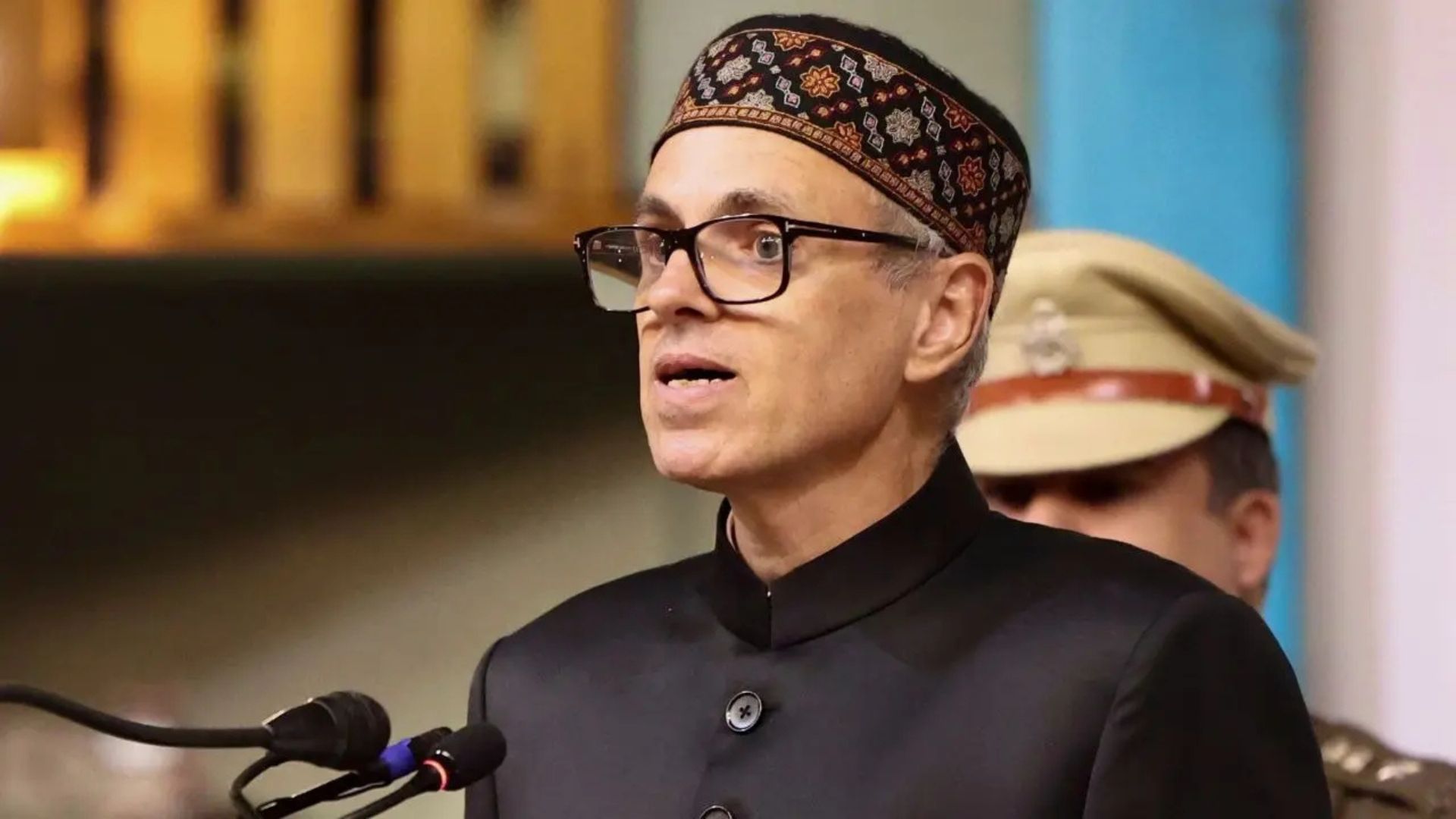
India’s foreign exchange reserves have seen a significant rise in 2024, gaining USD 66 billion so far this year, according to the latest data from the Reserve Bank of India (RBI). The country’s forex reserves now stand at USD 689.235 billion, marking several all-time highs in recent months.
The rise in forex reserves, which include foreign currency assets (FCA) as the largest component, is crucial in safeguarding the Indian economy from global financial shocks. Currently, India’s FCA amounts to USD 604.144 billion, while its gold reserves are valued at USD 61.988 billion.
As per estimates, the current forex reserves can cover about a year’s worth of projected imports, offering a substantial buffer for the country’s international trade and economic stability.
In 2023, India added approximately USD 58 billion to its reserves, while in contrast, 2022 saw a cumulative decline of USD 71 billion. The recovery and subsequent growth highlight India’s improved economic resilience.
Foreign exchange reserves typically consist of reserve currencies such as the US Dollar, Euro, Japanese Yen, and Pound Sterling. The RBI plays an active role in managing these reserves, intervening in the foreign exchange markets to control excessive volatility in the rupee’s value.
India’s foreign exchange strategy has transformed the Indian Rupee from one of Asia’s most volatile currencies a decade ago to one of the most stable. The RBI’s practice of buying dollars when the rupee is strong and selling them when the rupee weakens has contributed to this stability. A stable rupee attracts investors seeking predictability and improved performance from Indian assets.
India’s growing forex reserves and the efficient management of the currency reflect the country’s economic strength and preparedness to withstand global economic challenges.















